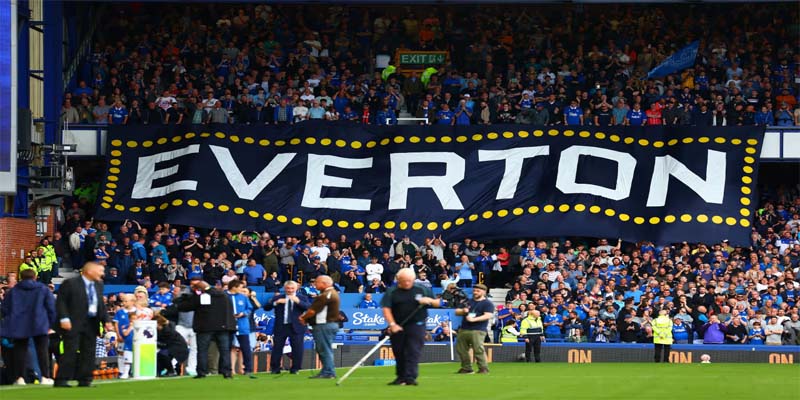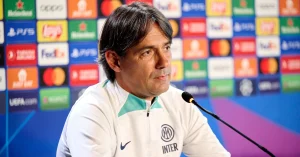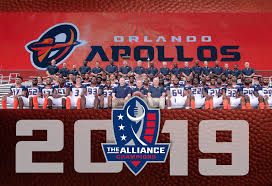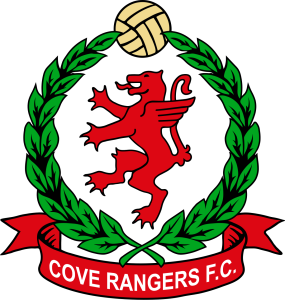
Everton Football Club: Legacy, Triumphs, and Challenges
Everton Football Club, one of the oldest professional football clubs in England, is steeped in rich history and tradition. Founded in 1878, the club has established itself as a powerhouse in English football, with a fervent fanbase that resonates with pride and loyalty. The journey of Everton FC is marked by remarkable achievements, resilience through challenges, and a commitment to progress that continues to shape its legacy. This blog post will delve deeply into the history of Everton Football Club, its iconic successes, and the hurdles it faces in maintaining its status in the modern football landscape.
Introduction to Everton Football Club
Everton Football Club, often referred to simply as Everton, has made a significant impact on English football since its inception. From its humble beginnings to becoming a formidable force in the Premier League, the club’s journey reflects the dynamics of football culture in England. Situated in Liverpool, Everton’s home ground, Goodison Park, is known for its electrifying atmosphere and historical significance.
The essence of Everton lies not only in its achievements but also in the stories and memories created over the years. Each match played at Goodison Park reverberates with the chants of loyal supporters who have stood by the team through thick and thin. The fandom surrounding Everton is an integral part of its identity, shaping the club’s ethos and driving its ambitions forward.
History and Development of the Club
The foundation of Everton Football Club can be traced back to the late 19th century, a time when football was transitioning into a popular sport among the working class. Established in 1878 as St. Domingo’s Football Club, the name was changed to Everton a year later. The club quickly gained recognition in local competitions, and in 1888, it became a founding member of the Football League, marking a pivotal moment in its history.
From its early days, Everton embraced innovation. The club introduced several practices that would become standard in professional football, such as player contracts and attendance records. As the years progressed, Everton secured its first major trophy, the FA Cup, in 1906. This triumph set the tone for the club’s future aspirations and ambitions.
As the 20th century unfolded, Everton continued to expand both its sporting prowess and its influence within the community. The club experienced periods of both dominance and struggle, illustrating the unpredictable nature of football. Throughout the decades, legends emerged from the ranks of the Toffees—players like Dixie Dean, who remains a symbol of the club’s illustrious past, having scored an astounding number of goals during his tenure in the 1920s.
Early Years and Formation of the Club Culture
In the formative years of Everton Football Club, the ethos of the club began to take shape. The establishment of Goodison Park in 1892 transformed Everton into a landmark institution. As the first purpose-built football stadium in the world, Goodison Park became the backdrop for countless memorable moments. The architecture and design reflect Victorian influences, offering an intimate setting that fans treasure dearly.
The club’s motto, “Nil Satis Nisi Optimum,” which translates to “Nothing but the best is good enough,” exemplifies Everton’s dedication to excellence. This maxim is woven into the fabric of the club’s culture, influencing its approach on and off the pitch.
In the early years, Everton’s community involvement was exemplary. The club acted as a bridge between the sport and the local population, fostering a sense of unity and pride. Whether through charity events or outreach programs, Everton reinforced its commitment to social responsibility, establishing a legacy beyond football.
Evolution Through the Decades
Despite facing various challenges, Everton emerged resilient through the decades. The club oscillated between periods of success and adversity, reflecting the broader trends in English football. The 1960s and 1980s stand out as golden eras in Everton’s history, characterized by domestic and European triumphs.
In the 1960s, under the guidance of legendary manager Harry Catterick, Everton won league titles and the FA Cup, solidifying its reputation on the national stage. The ’80s ushered in another wave of success, spearheaded by Howard Kendall, who led the team to multiple league championships and a memorable victory in the European Cup Winners’ Cup in 1985.
These victorious epochs were not merely about trophies; they heralded a transformation in the club’s identity. The players during these times became icons, and their legacies intertwined with the club’s history. The emotional connection forged with fans transcended mere admiration; it cultivated a lifelong devotion.
Modern Era: Challenges and Opportunities
Entering the 21st century, Everton faced numerous challenges, including financial constraints and fierce competition from wealthier clubs. The landscape of football evolved rapidly, with investments flooding into the Premier League. Everton struggled to keep pace, yet the club’s resilience shone through.
While major trophies may have eluded the club in recent years, Everton remained competitive. The introduction of a youth academy nurtured emerging talents, promising a brighter future. Players like Wayne Rooney, who began his career at Everton before moving on to global stardom, serve as testament to the club’s commitment to developing young talent.
Moreover, the potential redevelopment of Goodison Park and plans for a new stadium highlight Everton’s ambition to secure its place in modern football. These initiatives reflect a strategic approach towards growth and sustainability, aiming to enhance the matchday experience while ensuring the club’s long-term viability.
Conclusion
In conclusion, Everton Football Club stands as a testament to the enduring spirit of football. Its legacy is etched in the hearts of millions, spanning generations of supporters who have witnessed extraordinary highs and challenging lows. The club’s rich history, coupled with its ambitious vision for the future, positions Everton as a beacon of hope in the ever-evolving landscape of English football.





